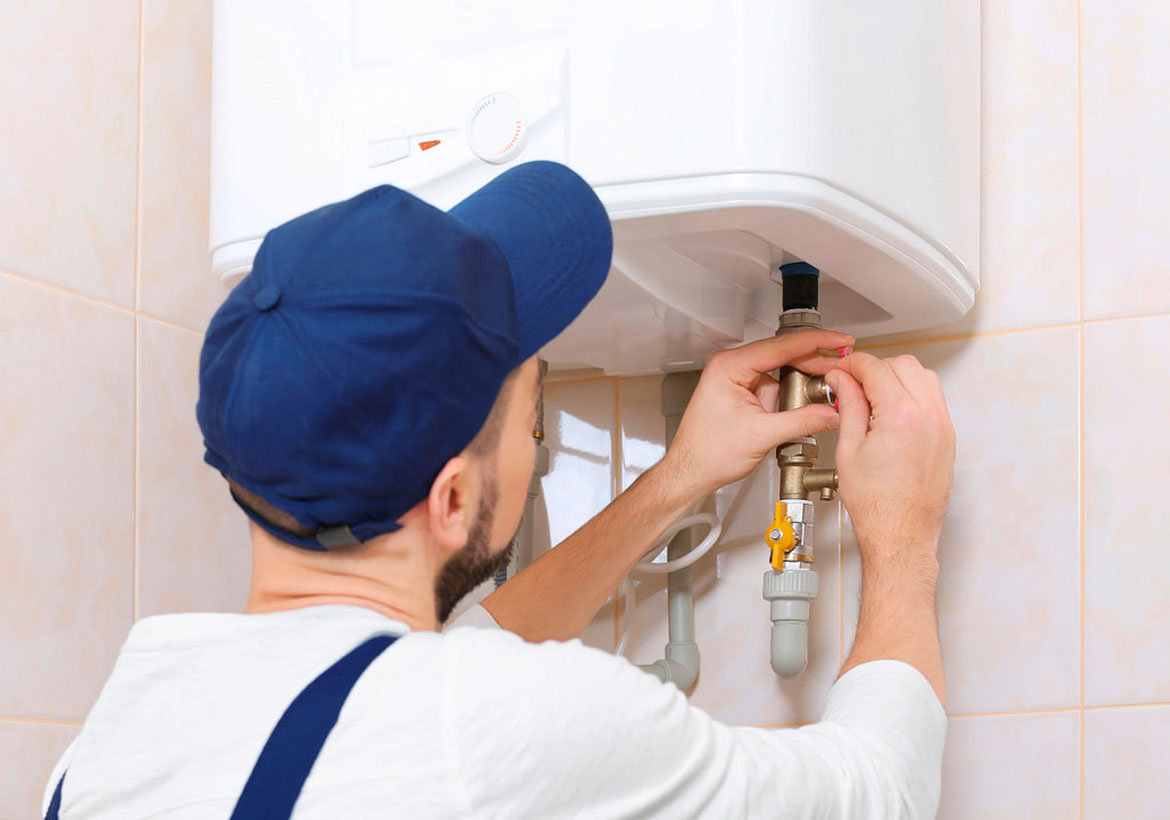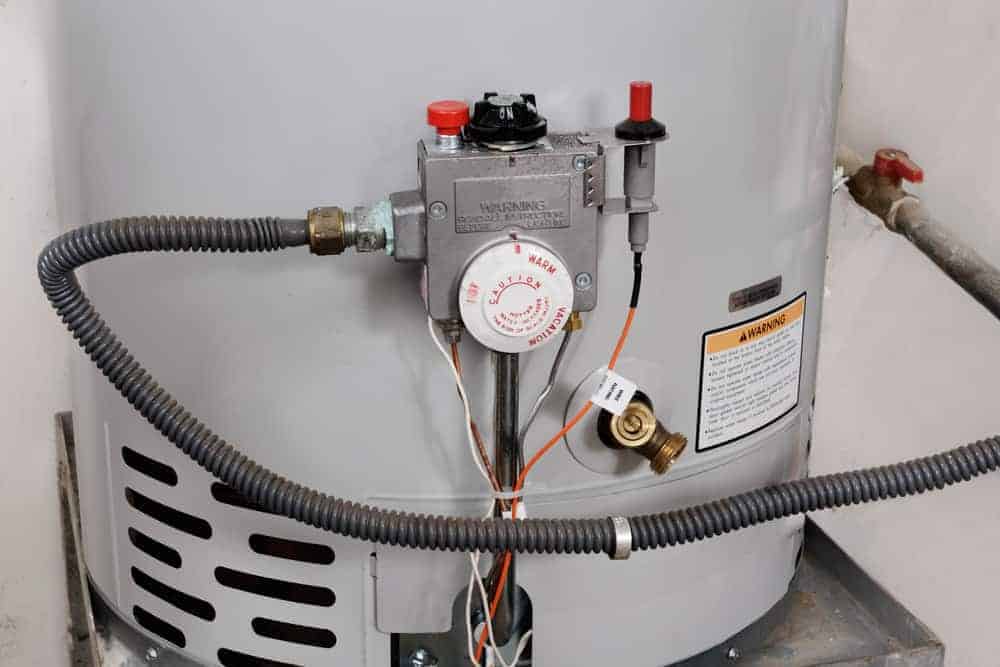Right here down the page you can locate additional good details all about Maintaining & Draining a Water Heater.

Whether it lies in the cellar or a separate area, broken hot water heater can cause anxiety. A common unit holds 80 gallons, so an overnight leak will result in a flood. This results in significant residential property damage with drenched walls as well as floors. Besides, having no warm water supply is likewise troublesome. If you are taking care of these issues, remember of the following:
Call the Plumber
After doing the very first 2 safety actions, you should call your plumber to come right away to fix a burst water heating system. There are typically indicators that your aging water heater has debris buildup in the inside.
- Rusty water coming from the hot water tap
- Strange sounds from within that program sedimentation
- Leaking links
- Pooled water under the tank as a result of tiny pinholes
- Instead, as quickly as you identify these indications, have actually a specialist come to check your water heating system container. Normally, water heating units have a lifespan of regarding 8 to 12 years.
Cut Off the Cold Water Supply
Cut off the tanks faucet water supply from the source. This goes from your major water line into the tank. When your tank is in good condition, the cold water stops filling up when the storage tank is full. Since it is leaking, the water will proceed to flow. Close the valve found on top of the heating unit. Turn this clockwise to shut it off. You should transform off that main water supply line outside your residential or commercial property if you can not discover it or reach it.
Shut Off Source Of Power
Before calling the plumber, shut off a gas water heating unit by transforming the temperature dial. This will stop electrocution, particularly if there is a leak as water is a conductor. Commonly, the home heating aspect shuts off when the water strikes a particular temperature level.
Tidy up Property
After calling the plumber, file damages by keeping in mind and photos so you can claim your house owner's insurance coverage. From there, start the prompt cleanup. Obtain any crucial valuables to stop further soaking. After that, eliminate any kind of standing water to prevent mold as well as mold development. Make use of that to drain pipes the water if you have a completely submersible water pump. Otherwise, the traditional container technique will likewise work. Try to mop out every little thing, consisting of walls and walls. If you have an electrical follower and also dehumidifier, maintain them going to keep air circulating. This will certainly aid prevent mold and mildew growth.
Keep in mind, if you see any problems with your hot water heater, call the pros right now. You can not take this trouble lightly due to the fact that a damaged thermostat can elevate water temperature to a hazardously high level, causing unintentional burns. A damaged heater stress safety valve can additionally create an explosion. For best results, obtain an annual check so your device gets evaluated, cleaned, drained pipes, as well as re-filled, ensuring optimum efficiency.
After doing the initial 2 security steps, you should call your plumber to come right away to deal with a burst water heating system. Instead, as quickly as you spot these indications, have actually a specialist come to examine your water heating unit container. Before calling the plumber, shut off a gas water heating unit by transforming the temperature dial. If you have a completely submersible water pump, make use of that to drain the water. Keep in mind, if you observe any kind of concerns with your water heating system, call the pros right away.
Is My Water Heater Broken?
The Water Heater is Old
No appliance will last forever. This includes a home’s water heater. During its lifespan, residents are going to face a situation where a new water heater installation will be necessary. The biggest problem with this is that most people are not sure when their water heater expires. Not knowing this can lead to serious risks if the unit begins to act up due to old age.
Most makes and models of water heaters will last between eight and 10 years. While 10 years is the age when water heater replacement is highly recommended, the need to replace the unit may occur before this time or after. If the unit doesn’t show any symptoms of a problem, it is a good idea to replace it at the 10-year mark (from the manufacture date).
Some of the symptoms that indicate a new unit is needed include rusting, leaks, noises, and a failure to heat up the water. Also, note that not all units have a 10-year life expectancy. The main exception to this rule is that a gas unit will last for six to eight years.
Rusty Heater Inlet Valve or Water
While steel is the strongest material on earth, it does have a weakness – rust. If corrosion occurs on a steel surface, it will begin to spread and eat through the steel in certain areas. On water tanks and pipes that are made of steel, rust is a warning sign of an impending leak.
The issue for many is trying to figure out if the rust is coming from the water heater or the pipes that lead to the faucet. If rust is seen, it is a clear indication that water heater service from the professionals is needed.
If rusty water appears out of the faucets in the bathtub or sink, it likely means a rusty water heater. If there is rust near the water inlet or the pressure relief valve, rust has likely developed inside the tank. If tap water appears rusty, it may be an issue with the pipes.
Strange Sounds from the Water Heater
Are there strange sounds coming from the tank? As a water heater gets older, rumbling noises may develop and get louder and louder as the water in the tank heats up. In homes where large amounts of hot water are used, the issue is likely going to be even more obvious when more serious issues arise. If there is a strange or loud noise coming from the unit, it is probably because of sediment buildup. A good way to remedy this problem is by flushing the heater. If this does not work, then a new unit may need to be installed.
Leaks
As a water heater gets closer to the end of its useful life, there is a higher chance there will be water around the tank. If there is water, this usually means leaks are occurring. Based on where the unit is located in the home, a leak may result in serious property damage.
Leaks are usually caused by expansions in the metal tank. The expansions occur as time passes and as the inside body of the tank is exposed to multiple heating cycles per day. When a fracture forms, the gap will be slight enough to hold the water in; however, in more serious situations, this will not be the case. If the tank is idle, the water will not leak but when the metal expands during each heating system, small amounts of water will get through the gap.

We are very intrigued by How to Avoid a Broken Hot Water Heater and I really hope you liked the entire piece. Sharing is good. Helping others is fun. Thanks a bunch for your time. Please check up our site back soon.
Immediate action for plumbing crises.
Comments on “Vital Recommendations for House Owners Managing Malfunctioning Water Heaters”